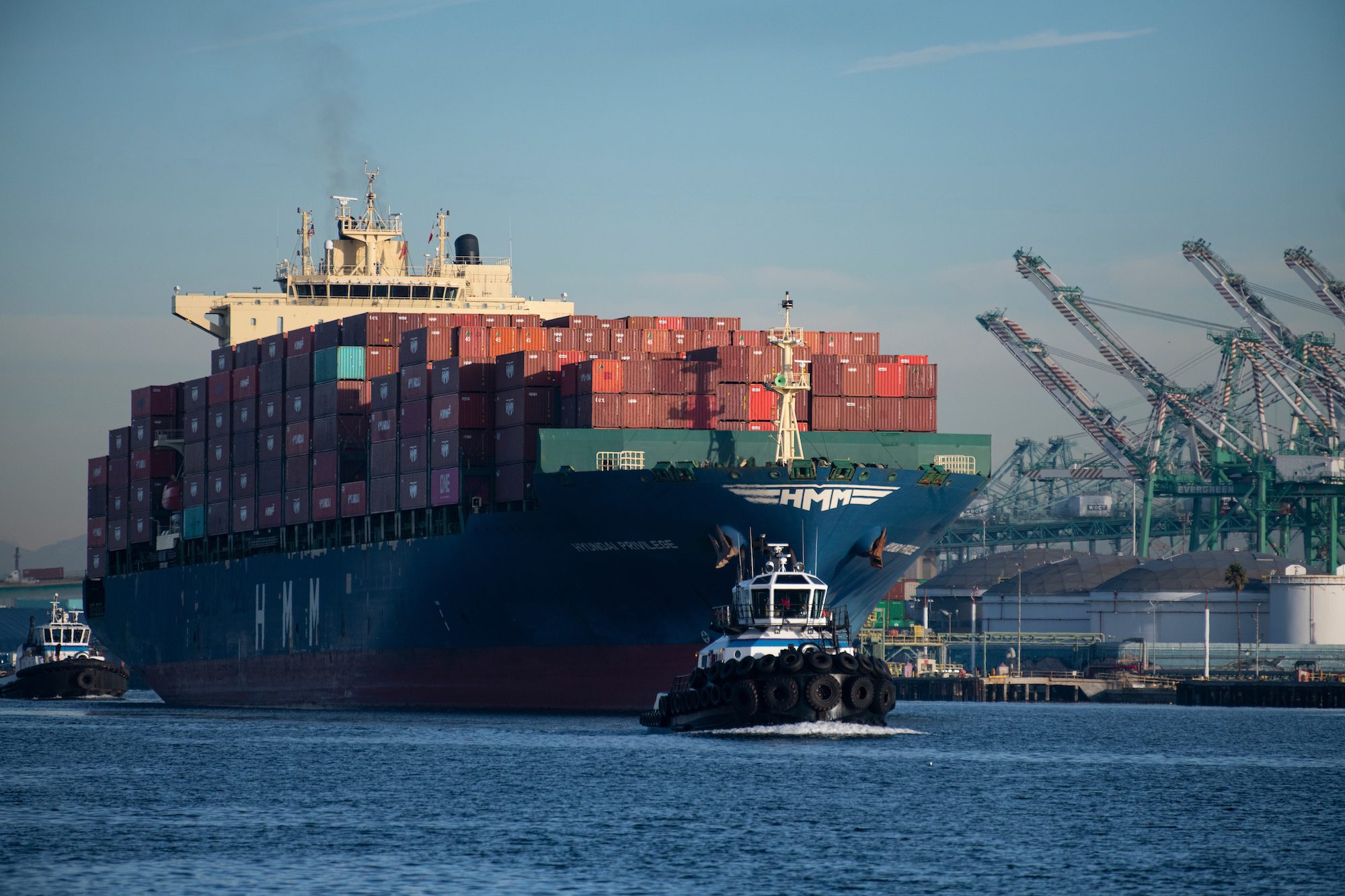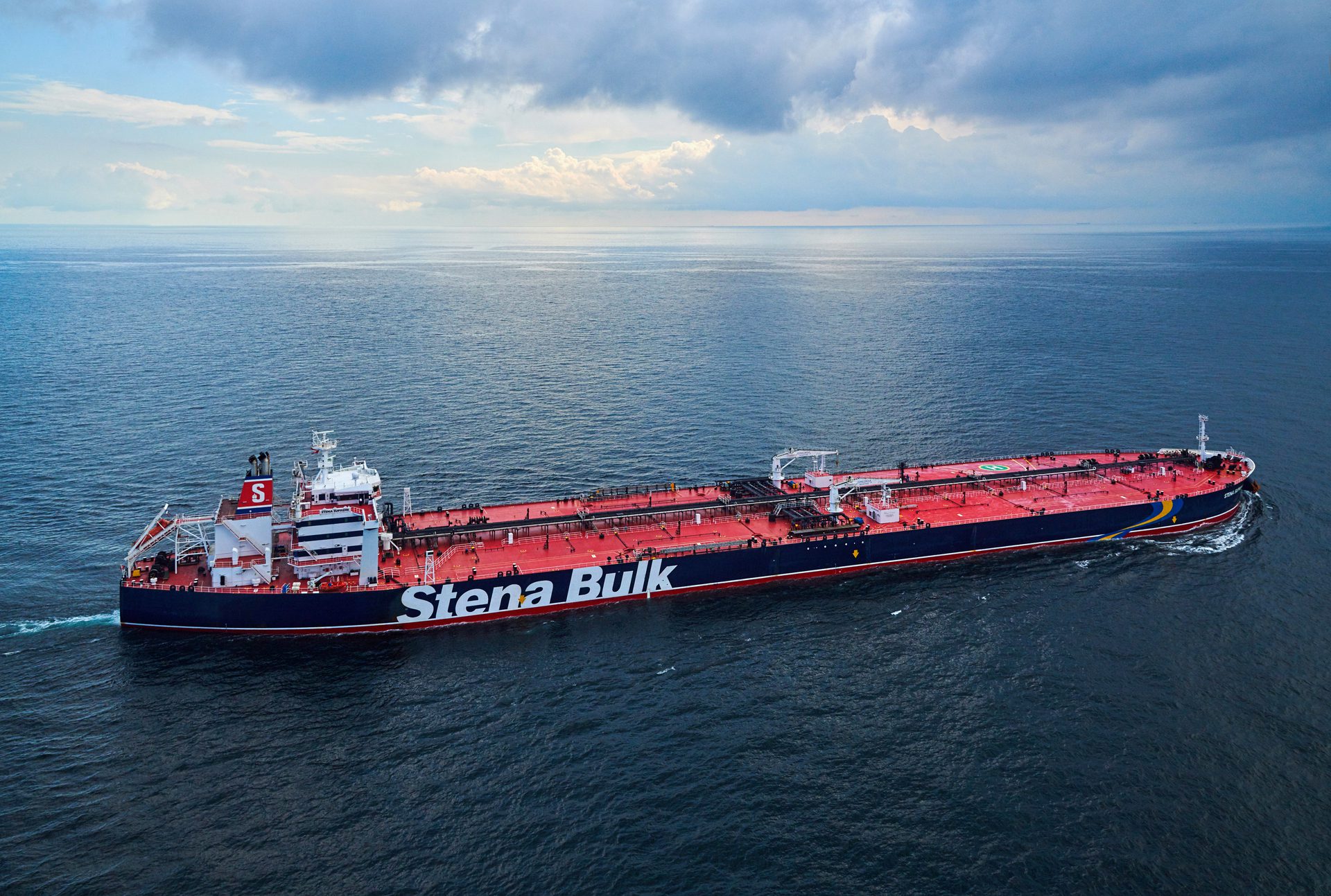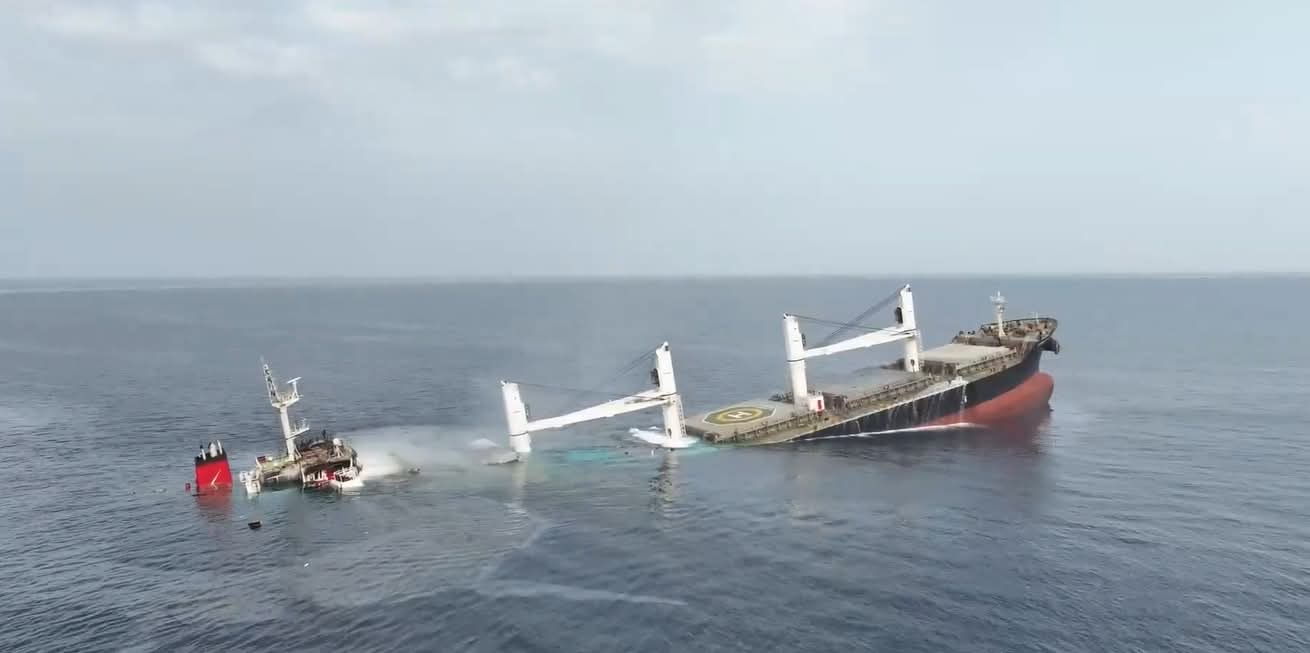By Sly Hunter and Shawn Bennett,
As California goes so goes the nation, and how the state regulates its extensive maritime industry has a ripple effect nationally and globally. While the goals of regulation may be just, California regulators must avoid placing unachievable burdens on industry and its workers that do nothing more than hurt Californians. Such is the case for a recent rule proposed by the California Air Resources Board (CARB) that would force the California maritime industry to invest in “emissions-reducing” technologies that are not only unavailable, but unsafe for American mariners.
When most people think of maritime transportation they think of massive containerships or oil tankers from faraway countries – crewed by foreign mariners – that call on our ports and pollute our air. These ships are not accountable to U.S. emissions standards and other laws, and the CARB rule will not change that. What it will change is how American tugboats, towboats, barges and crew boats that are subject to U.S. laws, and that are essential to our ports, operate in support of the international shippers. Without these American vessels and American mariners, California could not play a pivotal role in international shipping and bring hundreds of billions to the state’s economy.
To be clear, we share CARB’s commitment to sustainability and have been leaders in embracing technological innovation, including operating the first hybrid tugboat in California, and developing the nation’s first zero-emissions ship-assist vessel. We never shy away from heavy lifts to protect the environment, but the CARB rule creates serious safety problems and will lead to an increase in greenhouse gas emissions.
As a California leader of an international maritime union, and as general manager of a small, independent San Francisco-based marine transport company, we sometimes have differing viewpoints. But we stand shoulder-to-shoulder in expressing our deep concern that this CARB rule will harm thousands of mariners, the environment, and the supply chain. This is an issue that impacts every Californian in both the price and availability of goods.
The proposed rule centers on this fleet of American vessels and forces operators to invest an estimated $1.3 billion in unavailable and unproven technologies – and on an unfeasible timeline. More specifically, vessel operators would be required to retrofit their vessels with “Diesel Particulate Filters” (DPFs), which are supposed to filter out byproducts from diesel engines to reduce some emissions. It is worth noting that the vessels this rule targets already produce 43% fewer emissions than rail and more than 800% fewer than trucks.
In an ideal world, these DPFs would be safe and available off the shelf for the industry. The problem is – they are not. There are no DPFs commercially available for our sector of maritime, and research found that CARB’s effort to mandate similar filters on the trucking industry led to truck fires that burned more intensely and frequently. While a truck driver can run from a fire, a vessel crew’s only option would be to abandon ship, risking their own lives. No mariner will feel safe sailing on a ticking time bomb.
This proposed rule would put the more than 52,000 Californians in the industry in danger and force smaller operators to vote with their fleet and relocate to the East or Gulf Coasts, costing good union jobs on top of reducing California’s outsized impact on waterways commerce. But fortunately, there is still time for the state legislature to take action to achieve the goals of the rule without causing lasting harm to the state’s vibrant maritime industry.
California Maritime shares the goal of decreasing emissions, but nobody wins if the pathway to lowering emissions is unachievable, unsafe and worsens the supply chain crisis.
Sly Hunter is San Francisco & Oakland Representative of the International Organization of Masters, Mates & Pilots. Shawn Bennett is General Manager of Baydelta Maritime, a harbor services provider based in San Francisco.
This opinion piece originally appeared on Capitol Weekly.

 Join The Club
Join The Club











